One of the priorities of owning a lake home should be to keep your property and your family safe.
Making safety a priority should be no different than owning or living in a landlocked home. But, because you’re living right on a lake, you’ll need to keep in mind that there are more risks. Especially if you have children.
Here’s a list of some of the most essential safety items that every lake home owner should have on hand:
- First-Aid Kit –
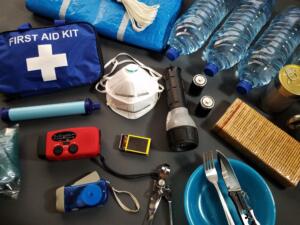 It’s surprising how many people don’t have first-aid kits accessible to them in their homes. A first-aid kit should be essential no matter where you live. It will allow you to treat injuries that aren’t severe enough to warrant a trip to the hospital. You can also use the items in your first-aid kit to help provide treatment before heading to the hospital or while waiting for an ambulance. If you have a boat, then you should have a first-aid kit on your boat as well. This is in case any injuries occur while out on the water.
It’s surprising how many people don’t have first-aid kits accessible to them in their homes. A first-aid kit should be essential no matter where you live. It will allow you to treat injuries that aren’t severe enough to warrant a trip to the hospital. You can also use the items in your first-aid kit to help provide treatment before heading to the hospital or while waiting for an ambulance. If you have a boat, then you should have a first-aid kit on your boat as well. This is in case any injuries occur while out on the water.
- Life Vests –
 Life vests are essential if you own a boat and go out onto the lake, whether occasionally, or on a regular basis. Wearing a life vest isn’t about your capability as a swimmer. Even if you are a good swimmer, wearing a life vest while on a boat is absolutely necessary. If you fall into the water (for whatever reason) and are unable to keep yourself afloat, a life vest will save your life. This can be in times where you are unconscious, tired, hurt, or cramping. Life vests are also an absolute must for any children in your family. Not only when they are out on the lake with you, but also while on the pier or by the water’s edge. Especially if your children are younger and have just recently learned how to swim.
Life vests are essential if you own a boat and go out onto the lake, whether occasionally, or on a regular basis. Wearing a life vest isn’t about your capability as a swimmer. Even if you are a good swimmer, wearing a life vest while on a boat is absolutely necessary. If you fall into the water (for whatever reason) and are unable to keep yourself afloat, a life vest will save your life. This can be in times where you are unconscious, tired, hurt, or cramping. Life vests are also an absolute must for any children in your family. Not only when they are out on the lake with you, but also while on the pier or by the water’s edge. Especially if your children are younger and have just recently learned how to swim.
- Battery-Operated Radio – Having a battery-operated radio is a good idea not only as a way to entertain yourself while out on the lake, but also to keep you up-to-date on any weather warnings. This is important and could be useful if your power has gone out during a storm.
- Battery-Operated Flashlight – Lake homes tend to be in more natural areas where there may not be as much street light as there would be in a suburban home. This means that having a flashlight is a must if you go outdoors at night and don’t have motion sensing exterior light fixtures. Not to mention that if the power goes out, you’ll definitely want a moveable light source when the sun sets.
- Extra Batteries – There’s nothing more frustrating than having a radio and flashlight to use during a power outage, but no full batteries to use them. Make sure you’re stocked up on extra batteries.
- Smoke Alarms – Every home should have smoke alarms to warn you and your family of fire. Make sure you have smoke alarms on every level of your house. Also, be sure to change the batteries every 6 months.
- Carbon Monoxide Detectors – Like smoke alarms, you should also have carbon monoxide detectors on every level of your home. Carbon monoxide is an odorless and colorless gas, representing a potentially deadly threat to home residents. If carbon monoxide in your home has reached dangerous levels, you won’t realize it until it’s too late.
- Exterior Lighting – Because it tends to get much darker around the lake than in the city, you should strongly consider investing in better exterior lighting. Consider path lights for your walkway and a motion sensing flood light for your garage area. Motion sensors are energy efficient since they only turn on when someone walks within range. Further meaning you can keep the outside area nice and dark when you’re trying to sleep, but well lit when walking to and from the home’s exterior.
- List of Emergency Phone Numbers –
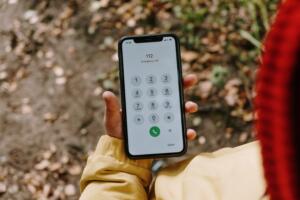 Write down a detailed list of emergency phone numbers that include the police department, fire department, the hospital, a family doctor, your neighbors, and close friends and family. Speak with your children (if you have any) and instruct them on what to do. How to call, when to call, and which number to call for different emergencies. Make sure you keep the list in a visible and easily accessible location.
Write down a detailed list of emergency phone numbers that include the police department, fire department, the hospital, a family doctor, your neighbors, and close friends and family. Speak with your children (if you have any) and instruct them on what to do. How to call, when to call, and which number to call for different emergencies. Make sure you keep the list in a visible and easily accessible location.
Nobody wants to think about danger or harm coming to their family or friends. Often times, we dismiss the possibility of emergencies with a that-wouldn’t-happen-to-me sort of attitude. These are all essential items that you should invest in and have at your lake house. These items will ensure the preparedness and safety of your family and property.
As Shakespeare’s Hamlet so dutifully noted, “the readiness is all.”

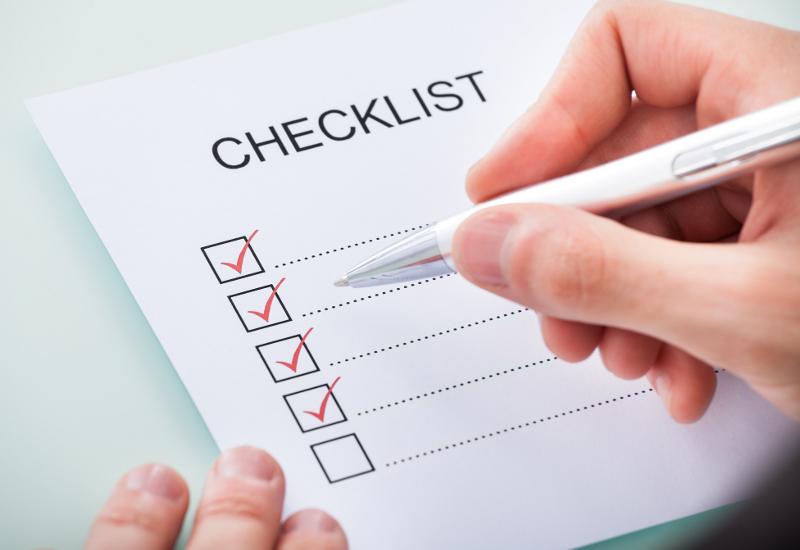

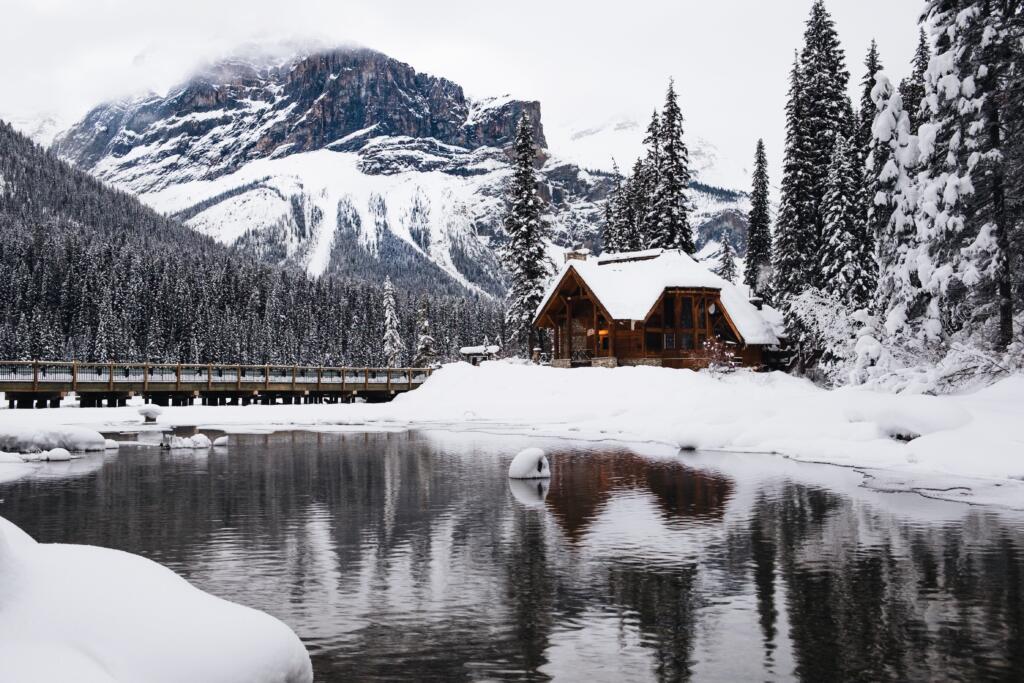
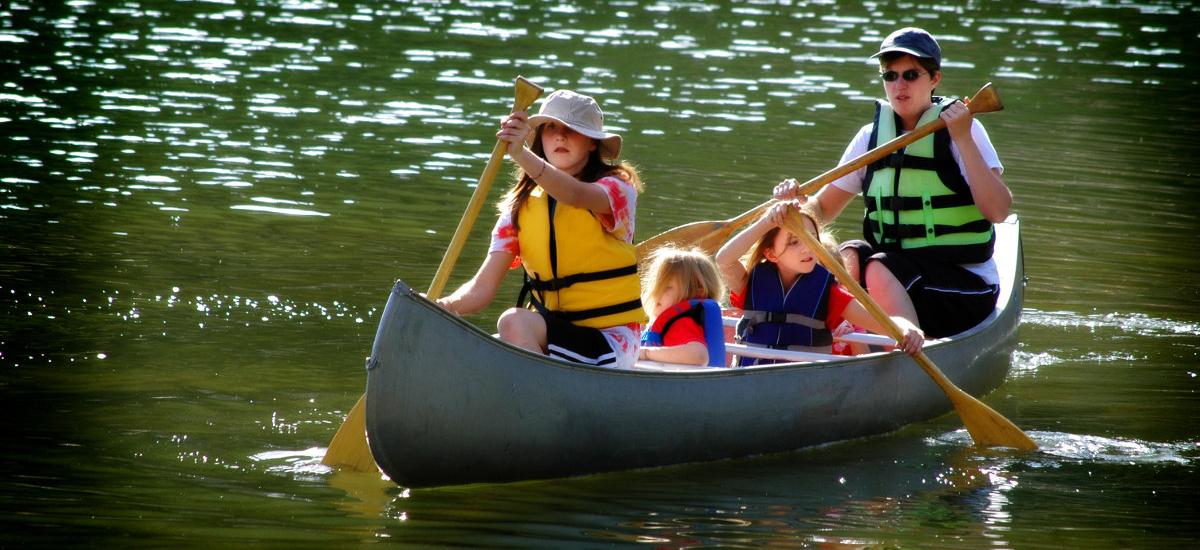
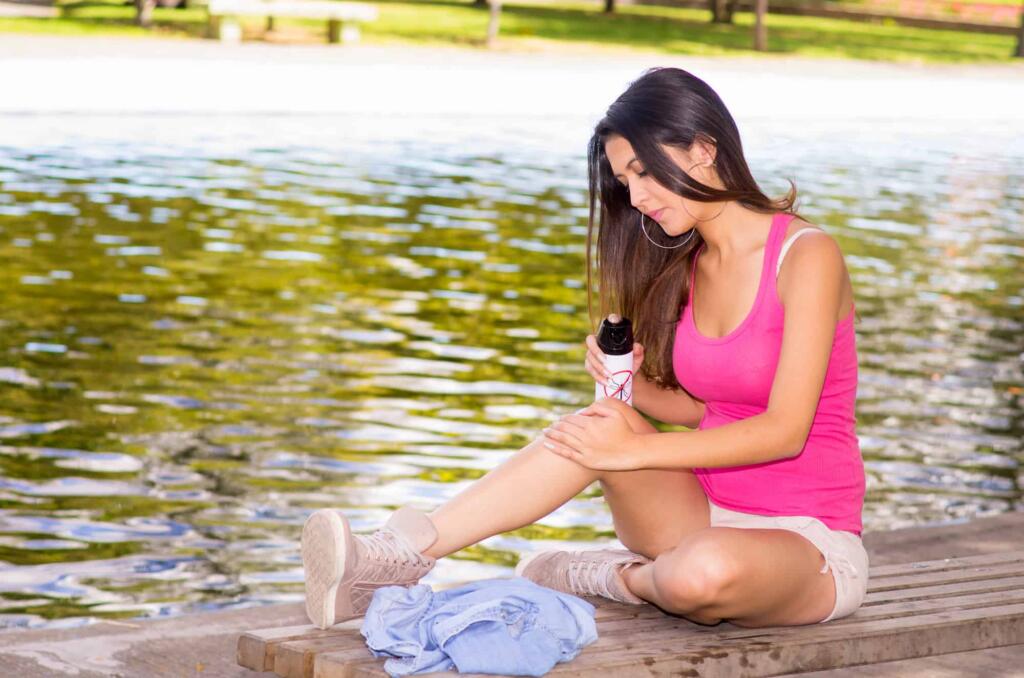
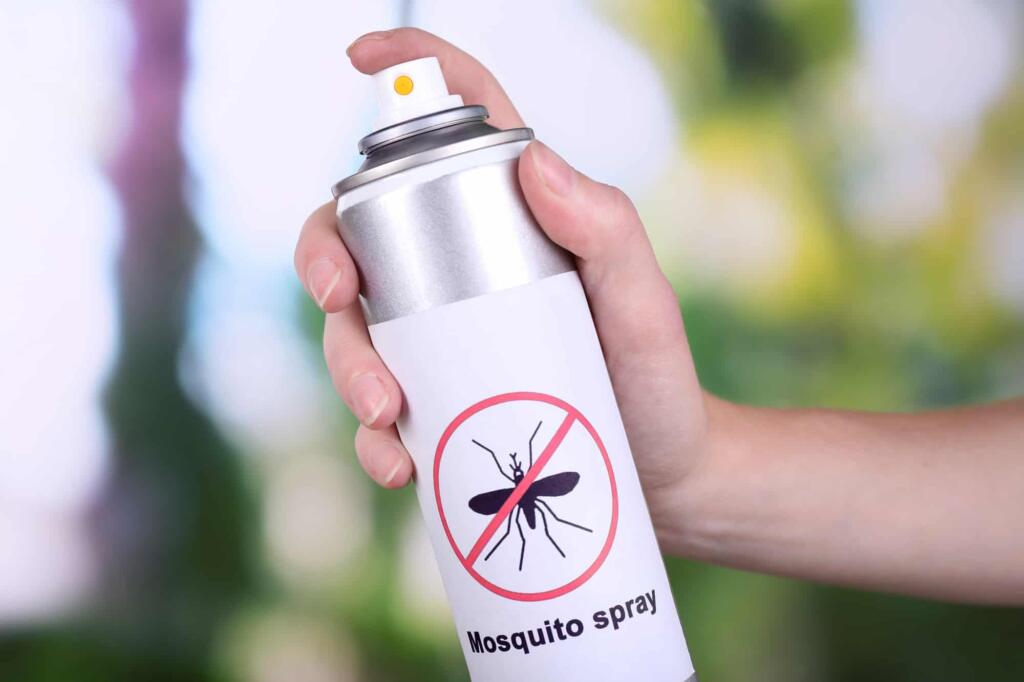

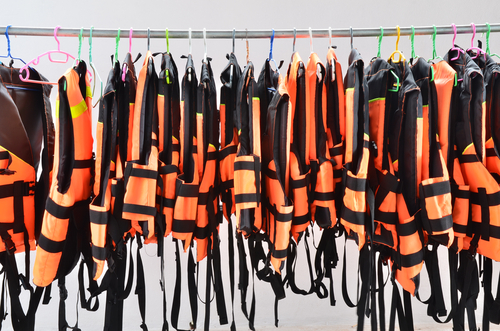
 There are many ways that you can ensure safety as well as enjoyment as a boat operator. It is a good idea to familiarize yourself with
There are many ways that you can ensure safety as well as enjoyment as a boat operator. It is a good idea to familiarize yourself with 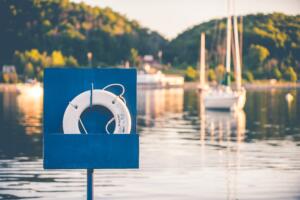

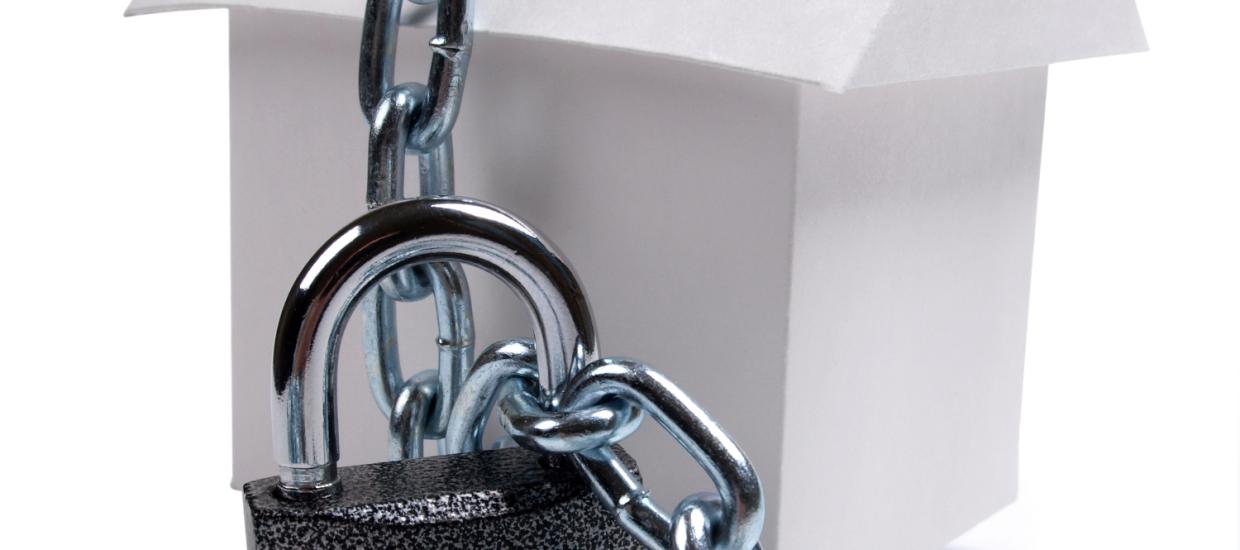
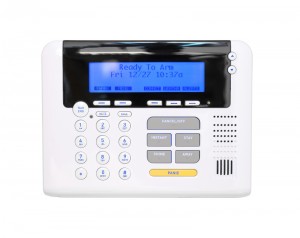
 A final step you can take is to remember to unplug your appliances, including toasters, computers, printers, televisions, and lamps. It takes very little time, but will make a huge difference by helping you to avoid future power surges.
A final step you can take is to remember to unplug your appliances, including toasters, computers, printers, televisions, and lamps. It takes very little time, but will make a huge difference by helping you to avoid future power surges.